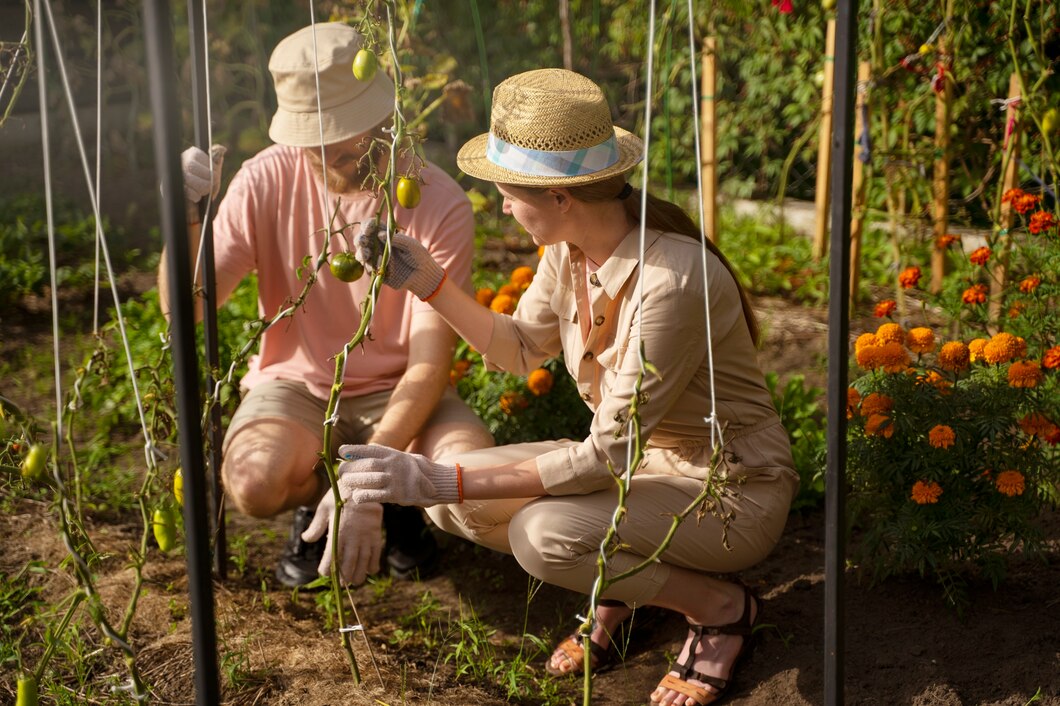Gardening is no longer just a leisurely activity for retirees. Senior gardening clubs are popping up across the globe, bringing a fresh wave of excitement, connection, and wellness to the lives of older adults. These clubs do more than just foster a love for plants—they cultivate friendships, create purpose, and promote overall wellness among seniors.
The Appeal of Gardening for Seniors
Gardening holds a special place in the hearts of many seniors. It’s an activity that combines physical exercise with mental relaxation, proving beneficial for both body and mind. Research shows that interacting with nature can reduce stress and boost mood, making gardening an ideal pursuit for those in their golden years.
Seniors find joy and fulfillment in nurturing plants, watching them grow and bloom, and harvesting their produce. It offers a sense of achievement and purpose, especially for those who may feel disconnected from other recreational activities.
Creating Community through Gardening Clubs
Gardening clubs are more than just a group of people growing plants—they are nurturing communities. These clubs often organize social events, educational workshops, and group gardening projects. Through these activities, members can share tips, celebrate each other’s successes, and build strong bonds rooted in a shared love for gardening.
Barbara, a member of Golden Greens, a senior gardening club in California, shares, “Joining the club brought a rhythm to my week and allowed me to connect with people again. It feels so wonderful to bond over something so enriching.”
Physical and Mental Health Benefits
Engaging in gardening provides multifaceted benefits. The physical activity involved in digging, planting, and weeding strengthens muscles and improves flexibility. Meanwhile, the mental stimulation and creativity required in planning and maintaining a garden keep the mind sharp.
Additionally, gardening in the company of others can alleviate feelings of loneliness and isolation. Studies have shown that seniors who engage in group activities are less likely to experience depression and anxiety.
Tips for Starting or Joining a Gardening Club
If you’re a senior interested in gardening, finding or forming a club can be a game-changer. Here are some tips to get started:
- Search Locally: Many communities have existing gardening clubs. Check local community centers, senior centers, and social media groups for information.
- Start Small: If you can’t find a club, consider starting one! Begin with a small group of friends or neighbors who share your passion for gardening.
- Plan Activities: Gardening clubs can host a variety of activities—plant swaps, garden tours, and guest speaker events—that keep things interesting and engaging.
- Focus on Inclusivity: Make sure your club is welcoming to all seniors, irrespective of their gardening experience. This fosters a supportive and educational environment.
The Future of Senior Gardening Clubs
As more seniors embrace gardening clubs, the opportunities for these groups continue to expand. With the integration of technology, clubs can now share resources, plan virtual meetings, and collaborate online. This digital aspect makes it easier for seniors to stay connected and access valuable gardening information.
In close, senior gardening clubs aren’t just a hobby; they’re a doorway to a more connected and satisfying life for older adults. By joining or starting a club, seniors can cultivate not only lush green spaces but also vibrant and meaningful relationships.




